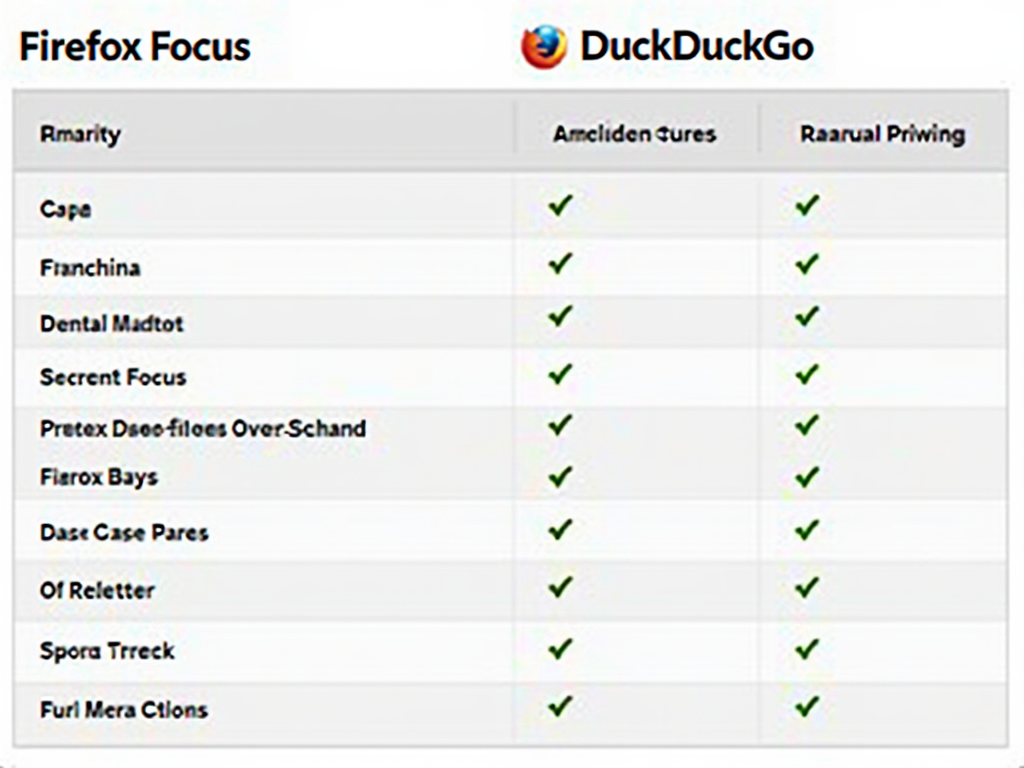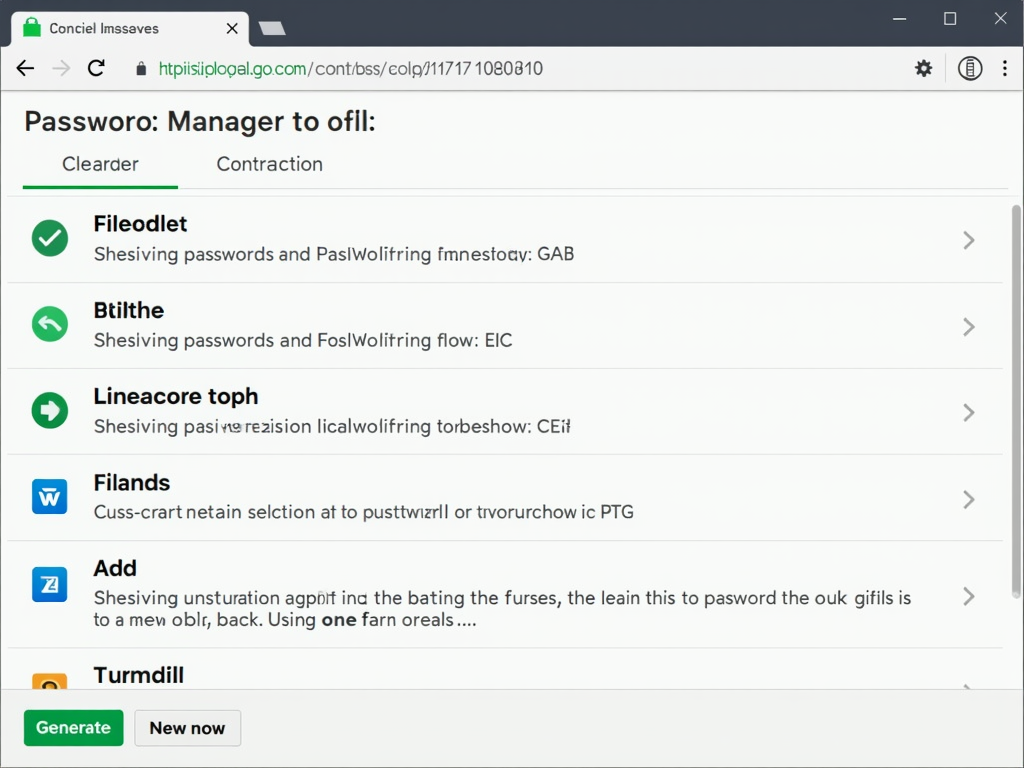The Importance of Online Privacy in the Digital Age
Overview
In today's digital age, the internet has become an essential part of our daily lives. We use it for communication, shopping, banking, and entertainment. However, with the convenience of the internet comes the risk of compromising our personal information. Online privacy is crucial to protect ourselves from identity theft, data breaches, and surveillance. This article explores the importance of online privacy and provides tips and tools to help you safeguard your data.
The Importance of Online Privacy
Online privacy is not just about hiding your browsing history or keeping your social media profiles private. It's about protecting your personal information from being misused or exploited. In the digital age, our data is constantly being collected and analyzed by companies, governments, and hackers. This can lead to serious consequences, such as financial loss, reputational damage, or even physical harm.
I remember a time when I received a suspicious email claiming to be from my bank. It asked me to click on a link and enter my login credentials. Fortunately, I recognized it as a phishing attempt and didn't fall for it. But it made me realize how vulnerable we are online and how important it is to be vigilant.

How to Set Up a VPN for Maximum Privacy
One of the most effective ways to protect your online privacy is by using a Virtual Private Network (VPN). A VPN encrypts your internet connection and routes it through a secure server, making it difficult for anyone to intercept your data. Here's how you can set up a VPN for maximum privacy:
- Choose a reputable VPN provider. Look for one that has a no-logs policy, strong encryption, and a large number of servers.
- Download and install the VPN software on your device.
- Connect to a server in a location that suits your needs. For example, if you want to access geo-restricted content, choose a server in the appropriate country.
- Configure the VPN settings to maximize privacy. This may include enabling the kill switch, which disconnects your internet if the VPN connection drops, and using the strongest encryption protocol available.

Firefox Focus vs DuckDuckGo: Which Mobile Browser is More Private?
When it comes to mobile browsing, privacy is a top concern. Two popular browsers that prioritize privacy are Firefox Focus and DuckDuckGo. Here's a comparison of their features:
- Firefox Focus: This browser is designed to block trackers and ads by default. It also has a "forget" button that clears your browsing history, cookies, and passwords with a single tap.
- DuckDuckGo: This browser uses the DuckDuckGo search engine, which doesn't track your searches or store your personal information. It also blocks trackers and forces HTTPS connections.
Both browsers are excellent choices for privacy-conscious users. However, Firefox Focus may be more suitable for those who want a simple, no-frills browsing experience, while DuckDuckGo offers more features and customization options.

Other Online Privacy Tools
In addition to VPNs and privacy-focused browsers, there are several other tools you can use to protect your online privacy:
- Password Managers: These tools help you generate and store strong, unique passwords for all your accounts. Examples include LastPass, 1Password, and Bitwarden.
- Encrypted Messaging Apps: These apps use end-to-end encryption to secure your messages and calls. Examples include Signal, WhatsApp, and Telegram.
- Privacy-Focused Search Engines: These search engines don't track your searches or store your personal information. Examples include DuckDuckGo, Startpage, and Qwant.
Personal Insights
As someone who values online privacy, I've made it a habit to use these tools regularly. For example, I always use a VPN when connecting to public Wi-Fi networks, and I use a password manager to keep my accounts secure. I've also switched to privacy-focused browsers and search engines to minimize tracking.
One thing I've learned is that online privacy is not a one-time effort. It's an ongoing process that requires vigilance and adaptation. New threats and vulnerabilities emerge all the time, so it's important to stay informed and update your tools and practices accordingly.
Summary
In conclusion, online privacy is a critical issue in the digital age. By understanding the risks and using the right tools and practices, you can protect your personal information and enjoy a safer online experience. Remember to use a VPN, choose privacy-focused browsers and search engines, and use strong, unique passwords for all your accounts.